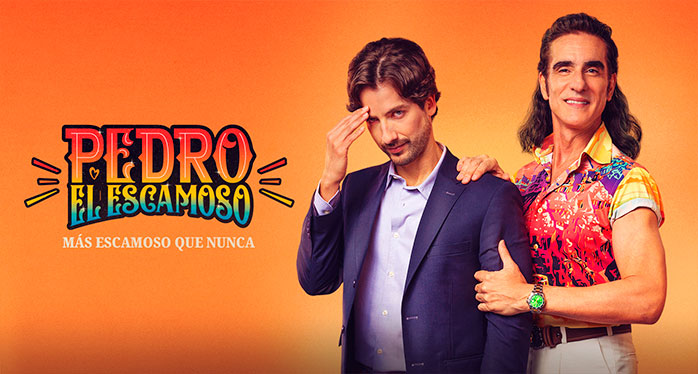
Overview
1971. Everybody in Cali knew that many things would change that year. The Belalcazar family and their neighbors, the Lizcanos, didn’t imagine that the change in their lives would be so drastic. The reason there was so much liveliness in Cali was due to the Panamerican Games. Cali had started to change its image in preparation for the Games that would be celebrated in July 1971. The games would bring many changes in society that started to get more modern: student movements, the hippies, drug, sex liberation, the pill, feminism… This is the main subject of the story. The story’s about the life of two families in a popular neighborhood in Cali during the convulsed year 1971. It Started with the 1970’ Fair and ends on December 1971. During that year in the story we will see the changes through the characters, the changes in the city, the whole society, the country, and the world. We are going to observe the conflicts those changes produced in the lives of two heads of family, Pepe and Checho, who were used to a different world, determined to get their families ahead, fighting with a new society difficult to understand: their old Cali, their traditions, confronted with the new city that their children represent. The inevitable generation clash. Throughout twenty six chapters, the idea is to show the essential facts of that year in the country, the uses and habits, not only in Cali but in Colombia; to explore the music that was heard at the time, the fashion, the personalities of the moment, and a way of thinking and being that some Colombian live, others yearn for it and the new generations don’t know. (La Sucursal del Cielo).


















